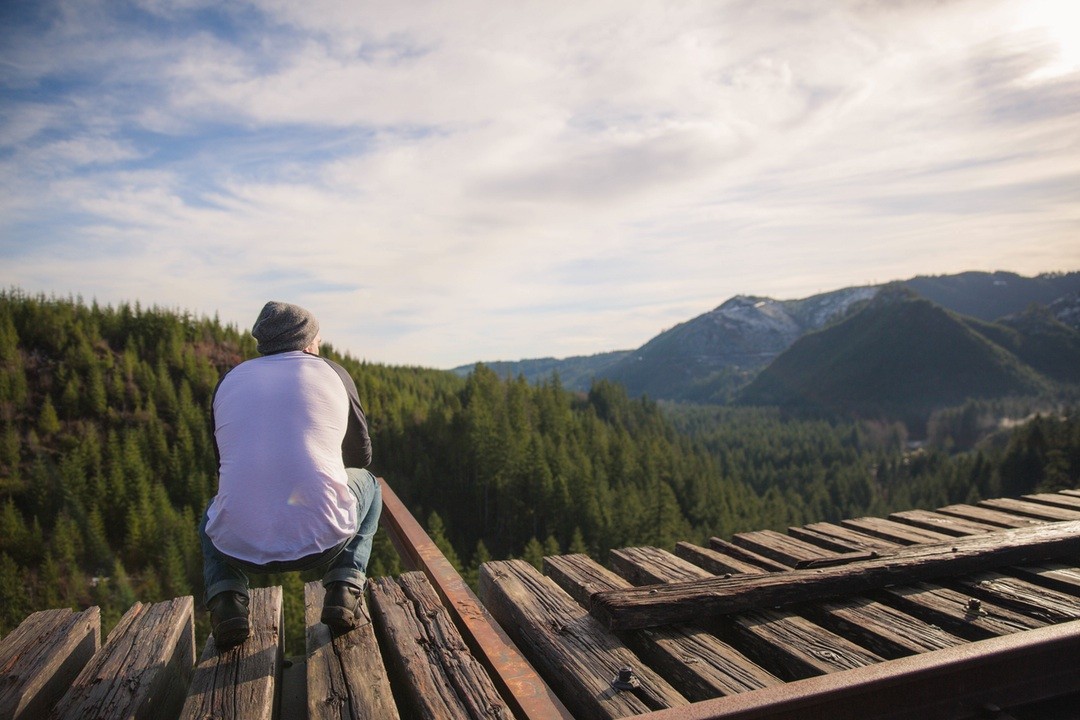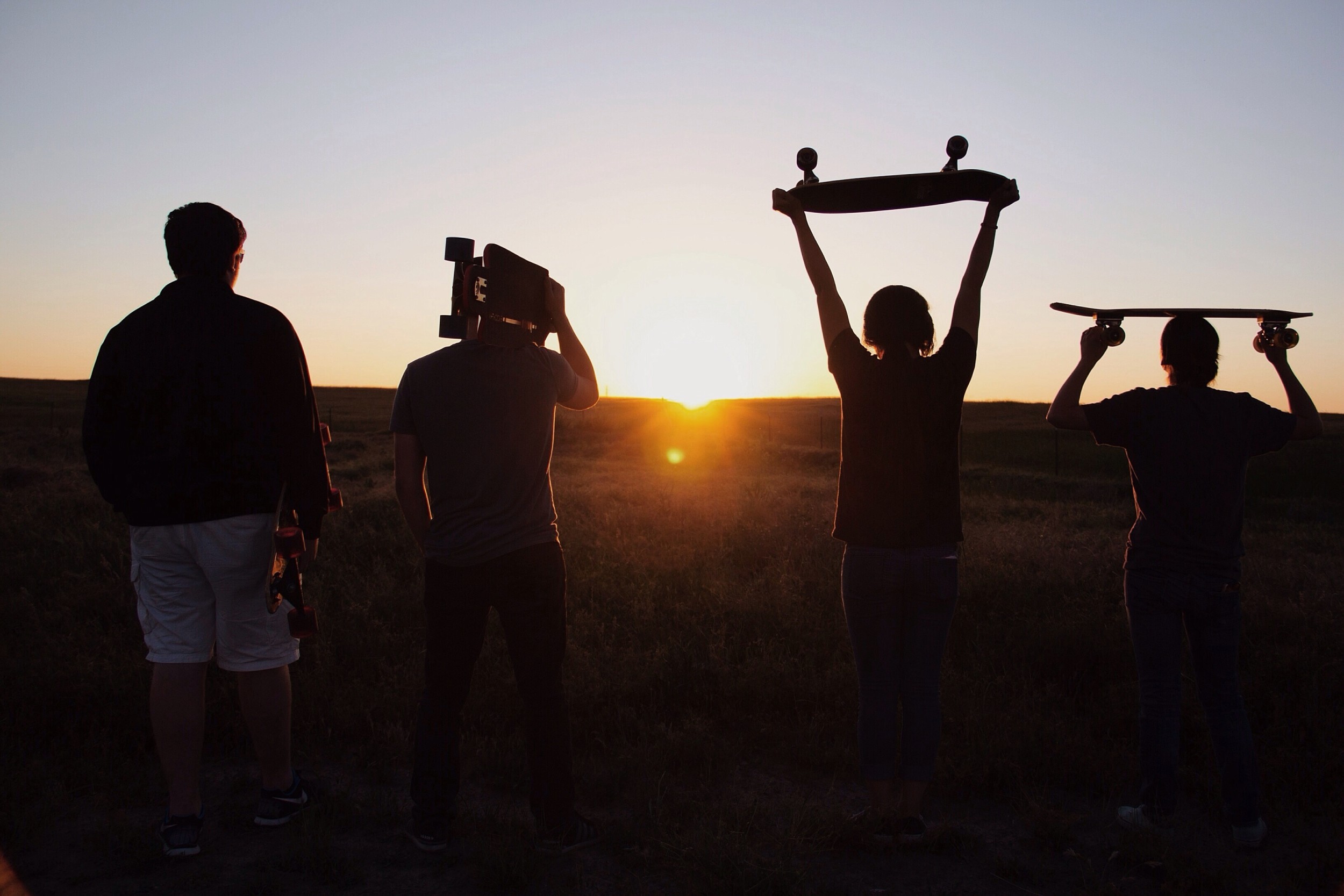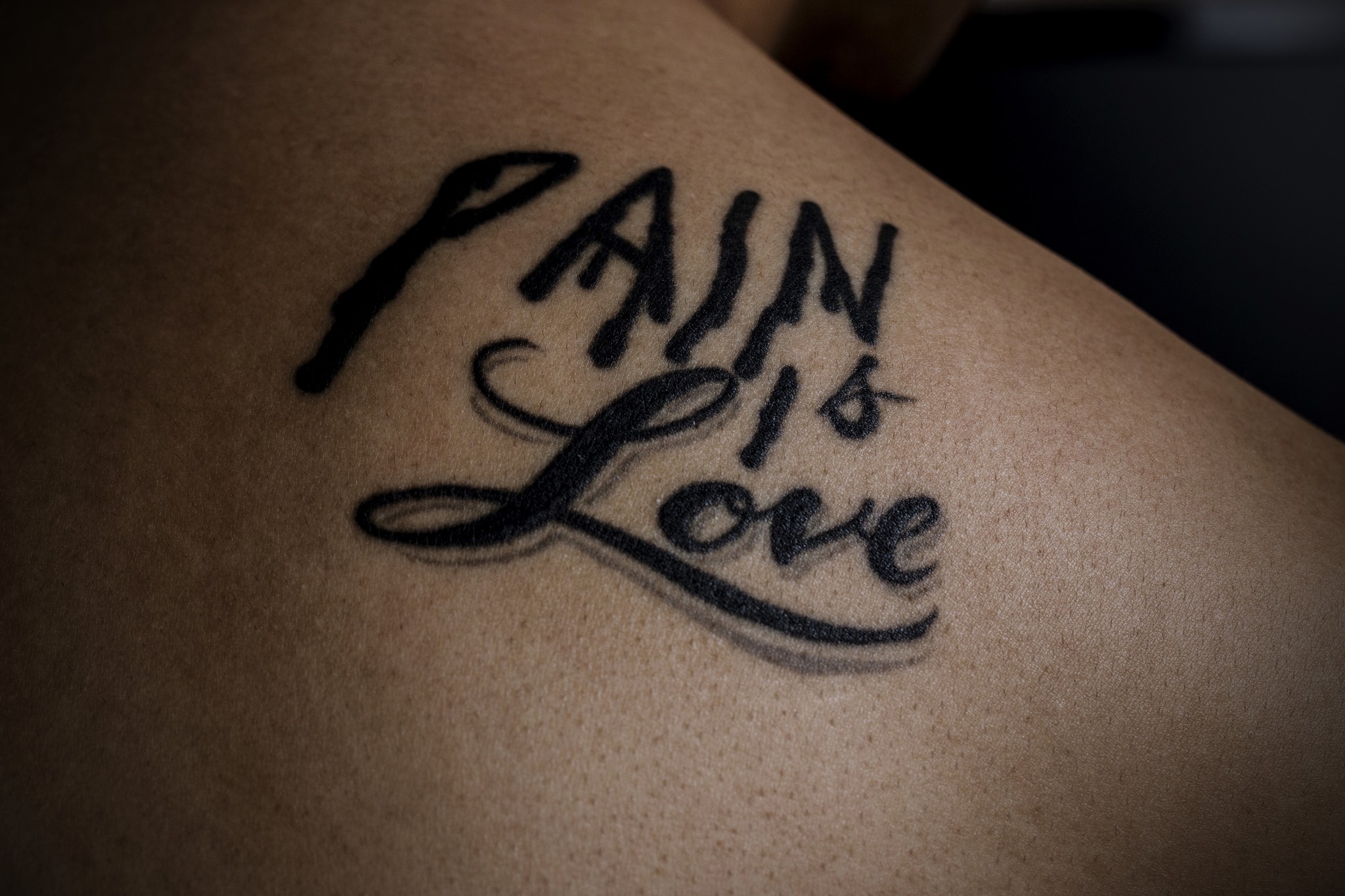
As Published by Elephant Journal
It’s the first day of the year. It’s a day I like to spend alone and reflect on myself, my actions towards the goals of last year and to see if I have changed or, at least, created some momentum to change.
After all, we are goal-setting machines, and our growth is served not only by achieving goals but in who we become when we proceed faithfully towards them.And so it’s imperative that we reflect on what worked and what didn’t in the past year.
Almost six out of ten resolutions fail in the first week alone, and approximately 48% of corporate goals are abandoned after only three months. So the point is not if we fail, but when we fail.
Why is it that many of us don’t stay true to our goals and fail to make any lasting change? Why do we not lose the 20 pounds we promised ourselves we would? Why don’t we put that extra money in a savings account as we intended to?
It’s true that self-discipline is key and without it, most goals are unachievable, but there are also several other reasons why our goals don’t last, but only for a few weeks.
1) The word “Goal” is loaded and overwhelming
I’ve found that the word “Goal” in itself is heavy and is ladened with so many expectations that it represents a universal concept that is tired which adds so much stress to us when mentioned. It implies that in not achieving it then you are a failure.
Recently, I’ve started to use the word “Intention” as it allows me to think that even if I create some momentum towards it without achieving it, then I’m still successful.
I set an intention to write an e-book for last year, and I couldn’t do it. However, I’ve made meaningful progress towards writing it and learned a few things on the way to be able to get it done this year and so I don’t feel like a failure just because I didn’t finish the book.
2) Our reflections are not deep enough
When reflecting on the past year, then it’s important that we scrutinise both successes and failures. We must understand the reasons why we failed in achieving our intentions and appreciate that it could well be something that we were not yet ready for.
We must be weary of our ego pushing us to do something, and that in the greater scheme of things it wasn’t the right time or the right match for us. I had set a Goal to run the New York marathon, but my body hadn’t recovered from the previous year’s injuries I suffered in running too much too quickly.As such, every time I completed a long run, then I would completely break down causing me much pain and disappointment.
If i had been honest with my reflection, and knowing the conditions of my knees, then I wouldn’t have set sucah an intention.It doesnt mean I have given up on my dream to run a marathon, but I must first rehabilitate my knees.
3) Are our Goals/Intentions relevant to us?
Our culture has become one which is inundated with achievement, success and the spoils of it all. We often set intentions for the sake of it, and bucket lists have become a way to compare how we rate our happiness and contentment in life as compared to the next person as if that was true.
We can reduce the stress we put on ourselves, by choosing what is relevant to us rather than what is in vogue.What’s the point of climbing Kilimanjaro if it means nothing to us? Why take up Yoga, only because all of California is doing so?
When we ask ourselves why we are pursuing our goal or intention, and it still makes us all giddy and excited to do so, then it means we are on the right track.And when we view our life as an eighty-year project rather than a short-sighted view of twelve months, we start to choose fewer and more meaningful things to do or achieve per year.
I set several intentions in 2015 to learn Tai Chi, Pilates and run a marathon in 2015 and I ended up doing none. Instead, I should have asked myself why I truly wanted all of them and if I still wanted them, then set only one of them per year and leave the others for the following years.
4) We don’t set enough Spiritual Goals/Intentions
Spiritual goals or intentions are things like, I want to control my anger outbursts, or I will wake up every day and put a smile on at least one person. Gabrielle Reece, the famous former Model/Volleyball professional stated in an interview that she had set an intention long ago to “Go First,” meaning she would greet, smile and approach anyone she came across before they did.
These intentions are more difficult and often hard to gauge, but they nourish the soul and as such lead to a lasting change.They improve our attitudes, mindsets and the way we interact with the world. They make us better people and so we find achieving all our other intentions much easier to do.
Last year I decided that I wanted to have more peace and solitude in my life. I started rising earlier by an hour every day to have some time on my own, and I can honestly say it’s one of the best things I’ve ever done and that alone helped me achieve many of the other intentions I set.
5)We don’t define and plan the actions needed towards an intention
The whole point of setting goals or intentions is to get into action and without a clearly defined action plan and a schedule set for actually doing them than we are doomed to fail.The intentions are the 1% inspiration we need while the actions are 99% perspiration we have to do.
It’s important to block out specific time in the calendar for doing the actions required towards our set intentions. I’ve marked my calendar with three sessions of writing per week each lasting three hours, and I know if I remain true to those actions, then I will not only achieve my desired outcomes but will also increase the amount contentment in my life.





 Published By
Published By 

